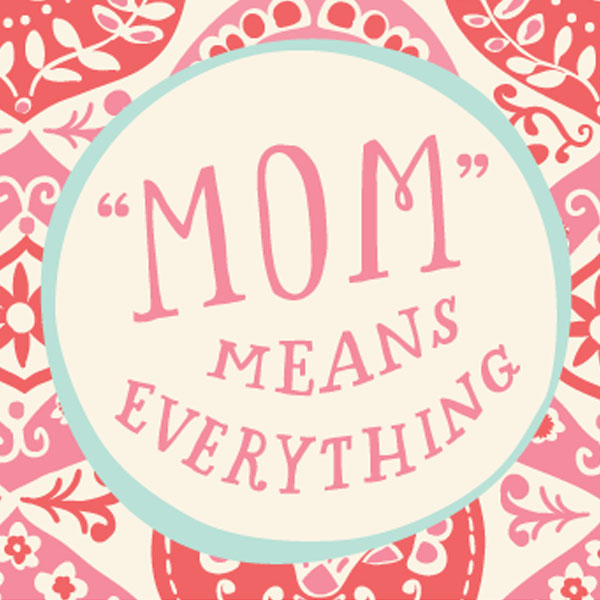This
holiday may have come from a custom of mother worship in ancient Greece.
People of ancient Greece kept a festival to Cybele, a great mother of
Greek gods. The ancient Romans also had a holiday that was
dedicated to Juno - ancient Roman goddess, and mothers
were usually given gifts on this day. In 1912, Anna Jarvis trademarked the
phrases "second Sunday in May" and "Mother's
Day", and created the Mother's Day International Association.So in the
United States it is celebrated on the second Sunday in May. We celebrate Mother's
day to honor the hard work that our mother does in our lives, to show our
appreciation to them. In the United States, Mother's Day did not become an
official holiday until 1915.
Mother's Day is an
annual holiday that recognizes mothers, motherhood and maternal bonds in
general, as well the positive contributions that they make to society.
Carnations have come to represent Mother's Day. Many religious services held
later copied the custom of giving away carnations. This also started the custom
of wearing a carnation on Mother's Day. The founder, Anna Jarvis, chose the
carnation because it was the favorite flower of her mother. In part due to the
shortage of white carnations, and in part due to the efforts to expand the
sales of more types of flowers in Mother's Day, the florists promoted wearing a
red carnation if your mother was living, or a white one if she was dead; this
was tirelessly promoted until it made its way into the popular observations at
churches.
Mother's Day is a holiday to honor and give
thanks to our mothers. People celebrate the day all over the world. In France,
a flower-shaped cake is part of the family meal. In the U.S., most restaurants
claim this day as their busiest all year. Although the holiday is very
commercial, it's not a Hallmark holiday. In other words, it's not a
holiday created by businesses to make money.
Mother's Eyes
What are the songs the mother sings?
Of birds and flowers and pretty things;
Baby lies in her arms and spies
All his world in the mother's eyes.
What are the tales the mother tells?
Of gems and jewels and silver bells;
Baby lies in her arms and spies
All his wealth in the mother's eyes.
What are the thoughts in the mother's mind?
Of the gentle Saviour, loving and kind;
Baby lies in her arms and spies
All his heaven in the mother's eyes.
By Mary D.B.Hull
"No influence is so powerful as that of the mother."
-
Sarah Josepha Hale -
Mothers connect us to life. Our first ounce of
nourishment passed from them and into us. As a result, feelings of being safe,
warm and secure are rooted somewhere deep in our consciousness and are forever
associated with our mothers. This is nature’s way of establishing the
mother-child bond, no matter what happens next.
And it’s because of this bond we often feel closer to our mothers than we do
our fathers. As children, we are more aware of their presence; their approval
is more important; we are more desperate for their love; and when they let us
down, we are more willing to forgive. The lessons our mothers teach shape who
we are and how we see the world. The lessons from our mothers stay with us for
a lifetime.
Dear students,
After reading this post,
I'd like you to think about mothers. Are they important to the children? Why?
What role do they play in raising children? How do they affect the lives of the
children?
You can think about your mothers. You can think about what you have learned from her. You can think about any other mother you know or read about. You can think of any interesting story about mothers. Think about your feelings and thoughts. Please, write 2-3 paragraphs about mothers. You can even write a poem about mothers if you want.
Good luck to all of you,
Irena
At
the end, here is a funny video for Mother's Day.
These
two guys are taking a picture to send it to their mom for Mother's Day.







No comments:
Post a Comment